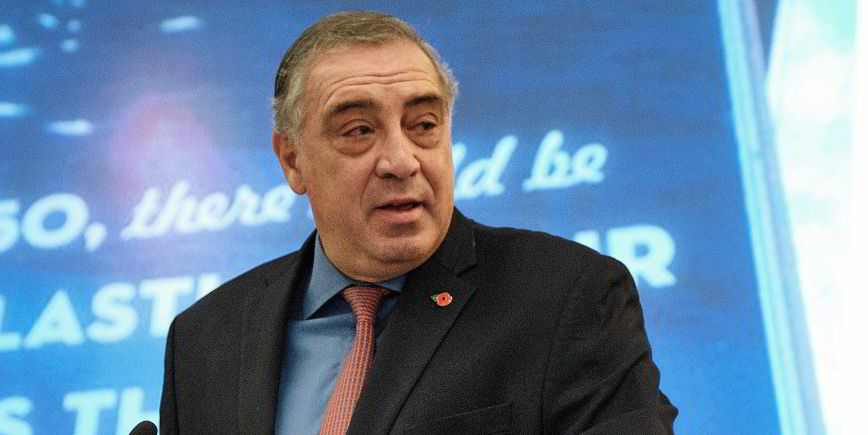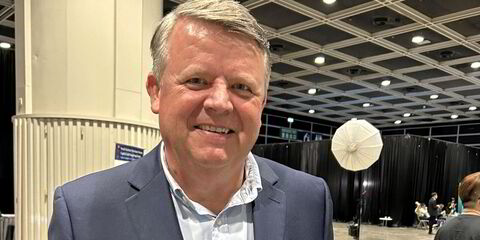Greek tanker company Tsakos Energy Navigation (TEN) stayed in the red for a third consecutive quarter.
But the company said it has kept damage to a minimum while preparing to benefit from a market upswing that is building.
The net loss at the US-listed company stood at $20.3m in the second quarter, compared with a $33.3m profit in the same period of the previous year.
That result includes a non-cash, $5.8m accounting charge from the sale of three ageing vessels, which TEN offloaded to renew its fleet, cut debt and improve cash flows.
“In the first months of 2021, we experienced the worst tanker market in recent memory,” chief operating officer George Saroglou said on Thursday.
“However, the tried and tested balanced employment policy of the company assisted to somewhat absorb the pressure.”
As 60% of TEN's core fleet of about 60 tankers operate under secured, long-term employment, so the company has some coverage from bad spot markets.
Athens-based TEN’s average time-charter equivalent rate dropped at an annual pace of 40% but remained at an “overall positive rate” of $17,239 per day in the second quarter.
Recovery building
For the first half, the time-charter equivalent rate stood at $17,701 per day while net loss stood at $25.1m, from a profit of $55.2m in the corresponding period of 2020.
TEN therefore kept its dividend steady at $0.10 per share, sticking to a tradition of uninterrupted payouts in its 28 years of history as a public company, the last 19 of which on the New York Stock Exchange.
The company also confirmed an order for four firm and two optional dual-fuelled LNG-powered aframax tankers. The order is secured against long-term employment to a major oil concern worth about $350m.
TradeWinds reported earlier in the year the tankers are built at Daehan Shipbuilding and the charterer is Norway’s Equinor.
Such moves put the company in a good position for recovery, which it sees forming.
“The anticipated alignment of the tanker markets to those of the container and dry bulk sectors is beginning to take shape,” said Saroglou, adding that he saw "increased activity from major end users and in particular long-term business”.
“Such appetite is evidenced across all tanker segments and should result in firmer rates as we move into the winter months. Asset prices seem to have turned the corner as well with inquiries for second-hand tonnage on the rise.”
To benefit from the anticipated turnaround, TEN said it moved forward the dry-docking of four tankers from next year.



